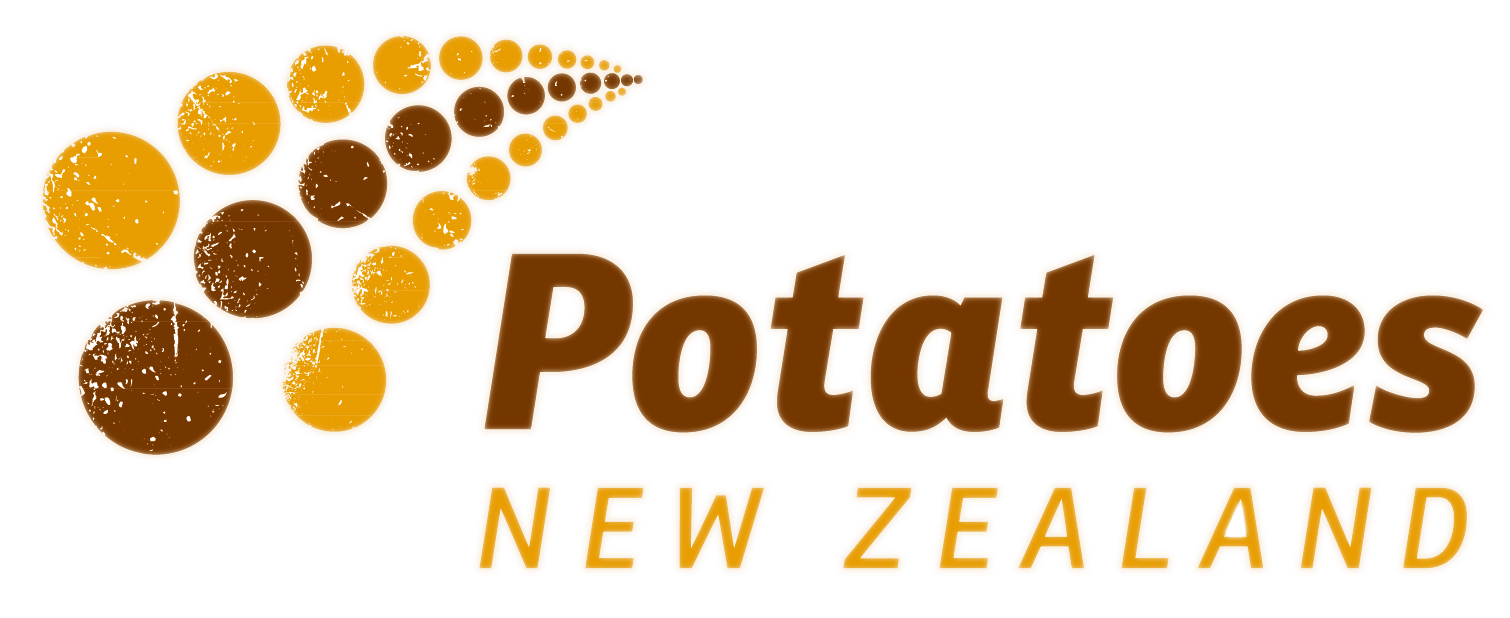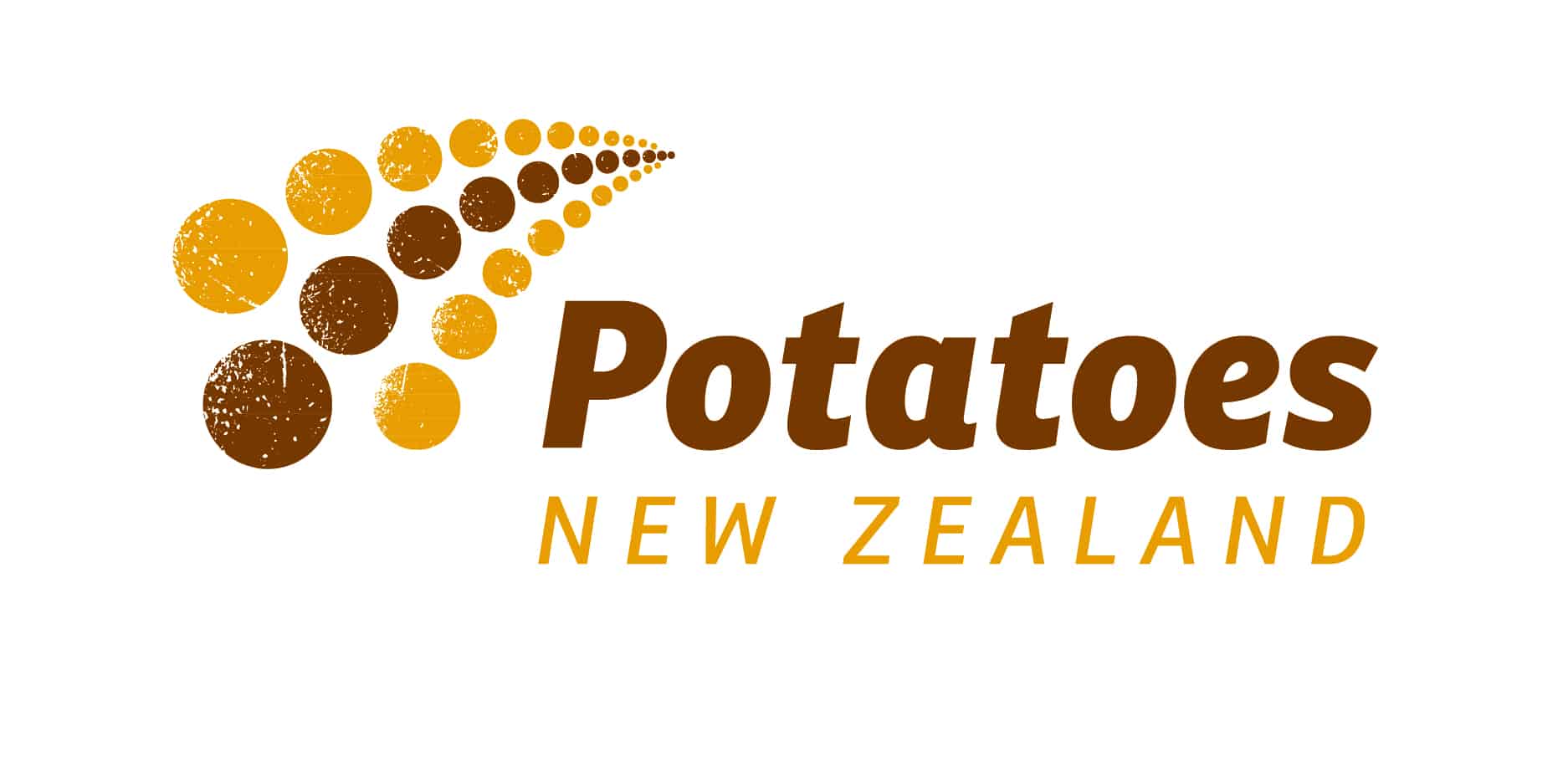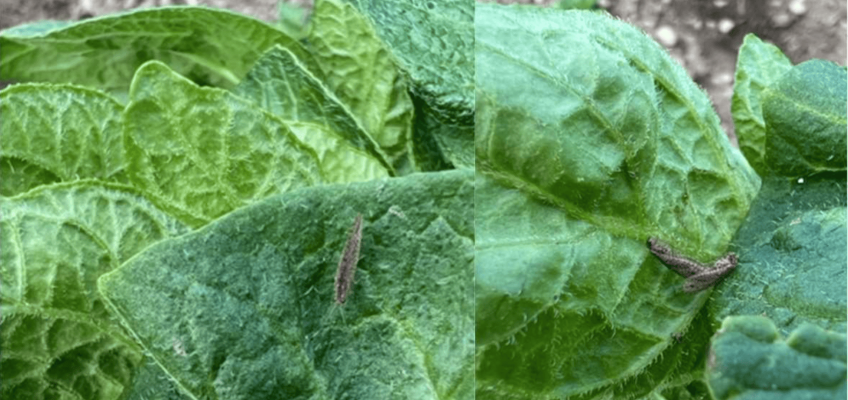The Canterbury Psyllid Liberibacter Initiative (CPLI) was formed in August 2021 by like-minded farmers and industry representatives to combat the devastating impact of the Liberibacter (Lso) bacterium causing Zebra chip in potato crops.
Download our CPLI programme roadmap.
With the new season now well underway it is time for an update on developments to date.
The season appears to be off to a good start with overall average temperatures verses the Long Term average temperature, although it was warmer early season the temperature is now back to the long term average as of late November.
Tomato Potato Psyllids (TPP) have been active at the African boxthorn we monitor at the North Rakaia and South Rakaia huts and we now have weather stations at these sites and others sites in Canterbury to monitor the weather and calculate insect development using Degree Day graphs. We also have released beneficial insects multiple times at the North and South Rakaia African boxthorn sites and in the Potato fields where we have nature strips planted. The beneficial insects released in 2022 at North and South Rakaia huts have overwintered at these sites.
We also have a weather station west of Darfield to help understand the TPP hot spot we see in this area. The PNZ seed inspection team have conducted a grid inspection over winter around Darfield to see if there are any African boxthorn stands in this area which might have explained the higher prevalence of TPP in this area.
Therefore we would be interested to hear if anyone is aware of any African boxthorn stands anywhere around Darfield, Glen Tunnel, Sheffield, Springfield or across the Waimakariri river in the Oxford area.
The intention this season is to test plant DNA in the guts of selected Canterbury TPP in the USA to understand what other plants the insect feeds on other than African boxthorn and potatoes and therefore which host plants TPP uses for food during the winter.
The first TPP have been picked up on traps north of the Rakaia river so expect trap catches for traps south of Rakaia in the following weeks in line with previous seasons. Therefore with TPP numbers potentially set to build from here, it is vital to match product choice to TPP life stage, crop stage, product systemicity or movement characteristics and also consider what else you are applying at the same time, from a crop safety point of view.
We know from previous CPLI lab studies that the insecticides we have available are currently showing no obvious signs of resistance, but it is also key to bear resistance strategies in mind and also be well aware of the impacts different products can have on beneficial species.
Spray coverage is of huge importance, regardless of which products are being used, so keep a close eye on sprayer performance. It is of paramount importance to prevent development of field generations of TPP so spray programmes need to be matched to growing degree days – keep an eye on local trap data and generational development. Study plants that may be stressed, such as row ends, to get an early indication of any early infestations in the crop.
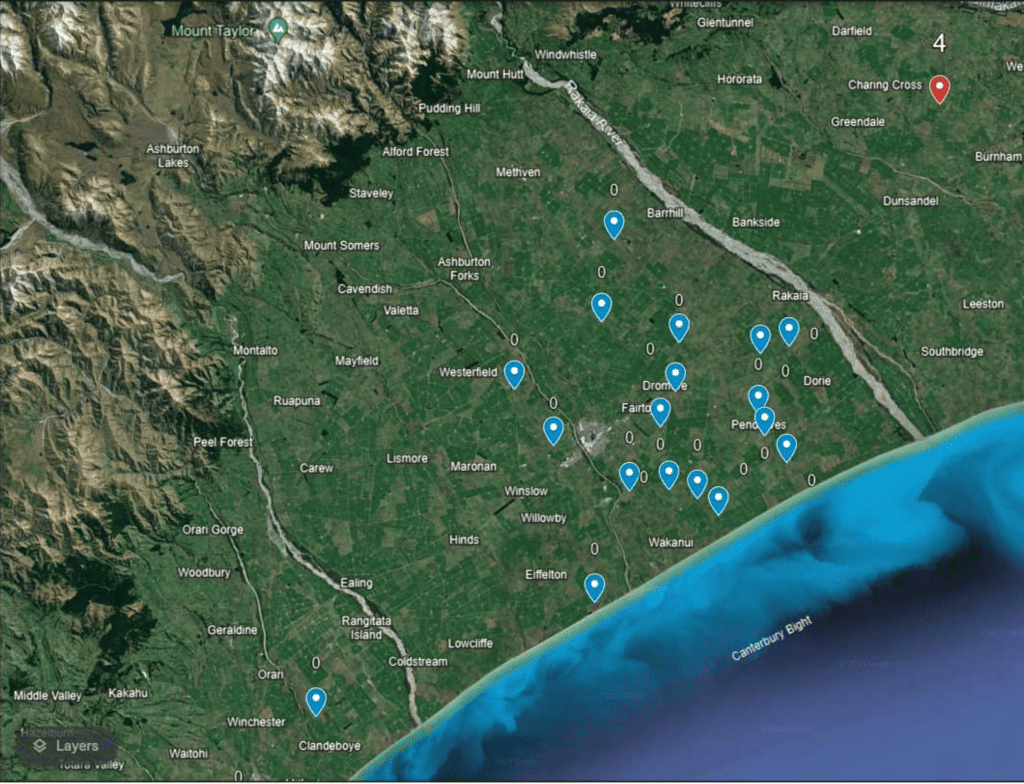
The above map shows the first Liberibacter positive TPP sample (in Red) north of the Rakaia river this season on the 24-November-2023. Last year the first Liberibacter positive TPP was in South Canterbury on 25-November-2022.
The “Average Adult TPP Numbers At All Sites Across Canterbury” graph which has to much detail to show in this letter is also trending similar to last year.
Remember that the earlier newsletters and information on these initiatives can be found on the Potatoes NZ website.
I would also like to take the opportunity to thank those on the committee for their commitment, resolve and support as we work in a very positive way with the broad range of research projects to find a way forward and a solution to the TPP issue in our potato crops.
I would also like to wish Canterbury Potato Growers, Industry Members and Financial Supporters a Merry Christmas and prosperous New Year and plentiful harvest in 2024.
CPLI Chair – John Jackson
Email – jwj.jacko@outlook.com
Phone – 027 215 2593
